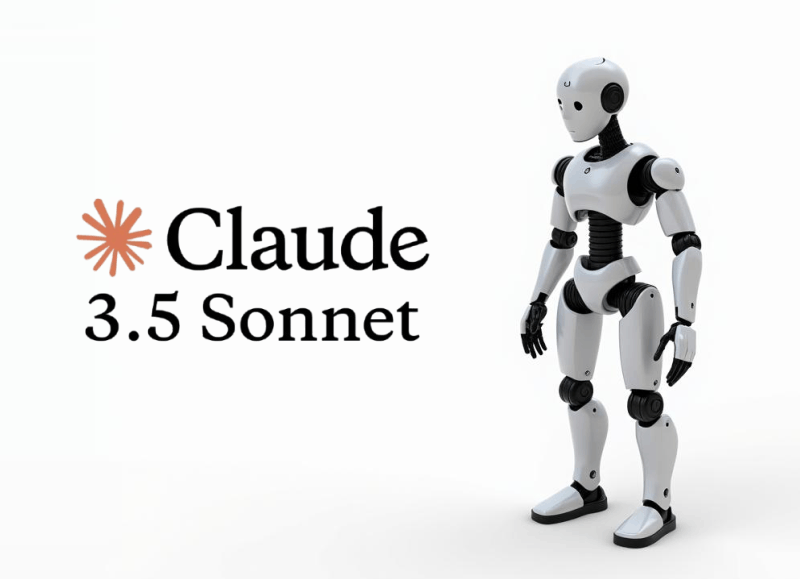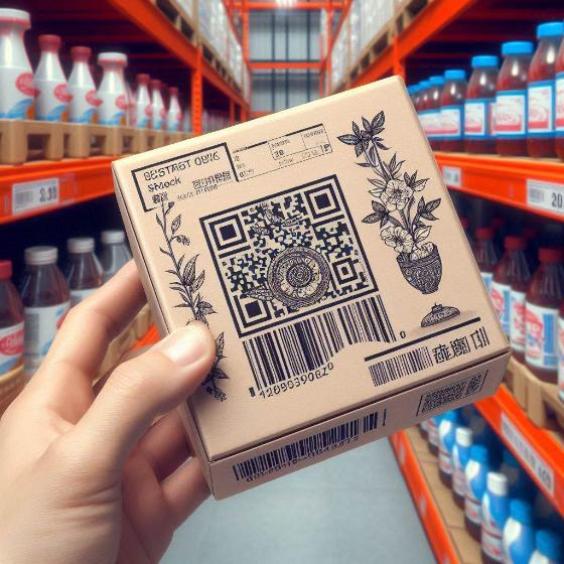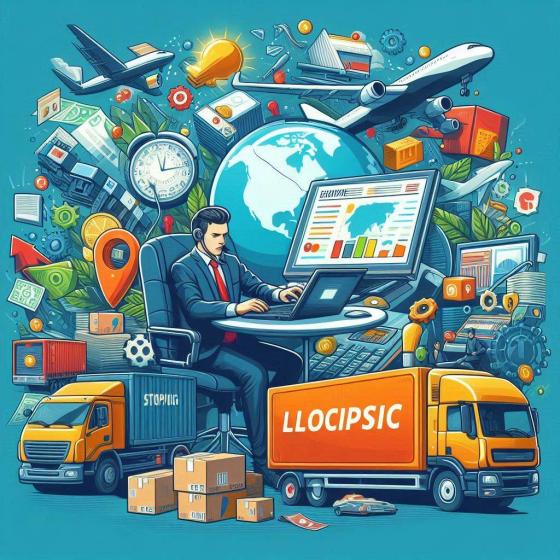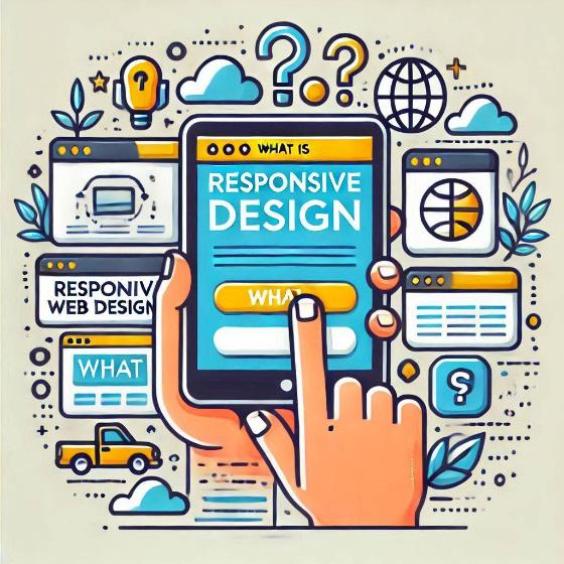What is Claude Sonnet AI?
Claude is a language model based on deep learning techniques, similar to OpenAI's GPT-4 or other generative AI models. However, what sets it apart is its focus on ethical alignment and safety. Anthropic has designed Claude to be "useful, honest, and safe," minimizing the risks associated with generating harmful, biased, or misleading content.

Claude is available in two main versions:
- Claude Instant: A faster and lighter version, designed for simple tasks and quick responses.
- Claude 2: A more advanced and powerful version, capable of handling complex tasks, such as writing long documents, data analysis, and detailed problem-solving.
Key features of Claude AI
Focus on safety and ethics:
- Claude has been trained with a strong emphasis on avoiding harmful, biased, or inappropriate responses. This makes it particularly attractive to businesses and organizations looking to implement AI in sensitive environments.
- Anthropic uses an approach called Constitutional AI, which involves training the model with clear ethical principles, such as avoiding harm, respecting privacy, and being transparent in its responses.
Ability to handle long texts:
One of the advantages of Claude 2 is its ability to process and generate long texts. It can handle documents of up to 100,000 tokens (approximately 75,000 words), making it ideal for tasks such as summarizing books, analyzing long reports, or writing detailed content.
Natural and contextual interactions:
Claude is designed to maintain fluid and contextually relevant conversations. This makes it useful for applications such as chatbots, virtual assistants, and customer support.
Integration into business tools:
Claude has been integrated into platforms such as Slack, allowing teams to use it directly in their workflows. This makes it a practical tool for businesses looking to automate tasks or improve productivity.
Claude AI vs. ChatGPT: What are the differences?
Although both models share similarities, there are key differences that set them apart:
Ethical focus:
Claude has a more explicit focus on safety and ethical alignment, thanks to its training with Constitutional AI. ChatGPT, although it also has safeguards, has faced criticism for generating biased or inappropriate content in some cases.Long text capacity:
Claude 2 surpasses ChatGPT in its ability to handle long texts, making it more suitable for tasks that require long analysis or content generation.Speed and efficiency:
Claude Instant is optimized for quick responses, making it ideal for real-time applications such as chatbots. ChatGPT, on the other hand, tends to be slower in its free version.Availability and access:
ChatGPT has an advantage in terms of brand recognition and global availability. Claude, on the other hand, has been mainly adopted by businesses and organizations, and its public access is more limited.
The future of Claude AI
Claude represents an important evolution in the field of generative AI, especially in terms of ethics and safety. As more businesses look to implement AI in their operations, tools like Claude could gain popularity due to their responsible approach and ability to handle complex tasks.
In addition, Anthropic has demonstrated a continued commitment to improving its model, suggesting that Claude will continue to evolve to compete with other giants such as OpenAI and Google. Its integration into business platforms and its ability to process long texts position it as an attractive option for the corporate sector.
Claude AI is more than just a competitor to ChatGPT; it is a bet on a safer, more ethical, and efficient AI. With its focus on ethical alignment and its ability to handle complex tasks, Claude is gaining ground in an increasingly competitive market. Will it surpass ChatGPT in popularity? It's too early to tell, but what is clear is that Claude is here to stay and could be one of the preferred options for those looking for a responsible and reliable AI.






